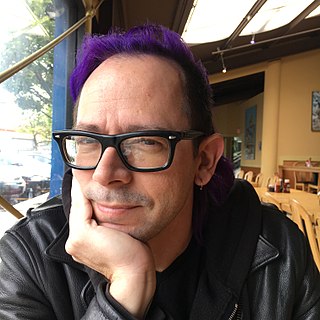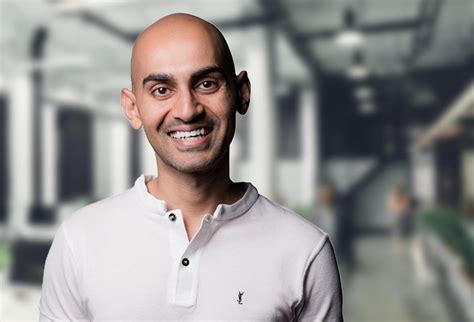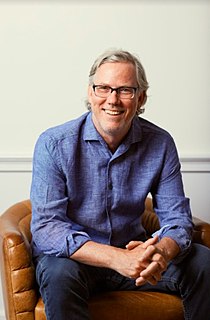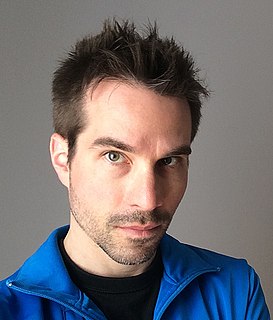A Quote by Ruchi Sanghvi
Engineers love to optimize problems. Now I optimize logistical problems. I ask: 'What's the goal? What are our constraints? What is the optimal, elegant way to get to that goal within those constraints?' I break it down in terms of a data funnel: 'Where in the funnel are we inefficient?' That analytical background really helps.
Related Quotes
I started my career as a sales guy in the nineties, when the funnel was controlled by the sales rep, who had all the information the prospect wanted, including pricing and discount options. Now 90 percent of it has swung to marketing. It's self-service and you need to be very, very helpful to see to the top of the funnel. The game has changed a lot.
Problems are hidden opportunities and constraints can actually boost creativity. If you have some crazy ideas in your mind, and that people tell you that it's impossible to make, well, that's an even better reason to want to do it, because people have a tendency to see the problems rather than the final result, whereas if you start to deal with problems as being your allies rather than your opponents, life will start to dance with you in the most amazing way.

































